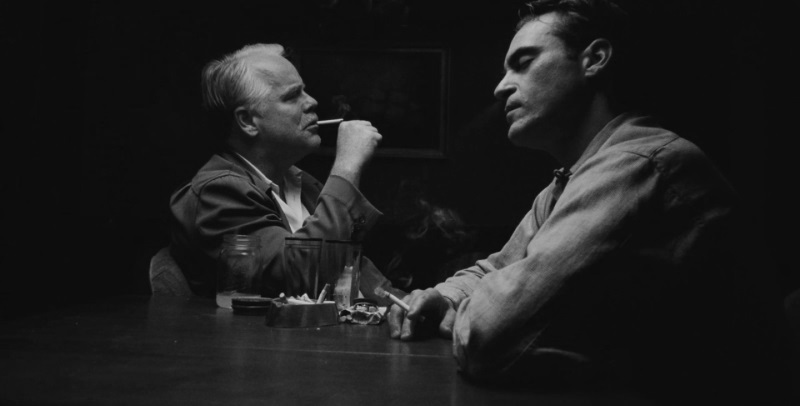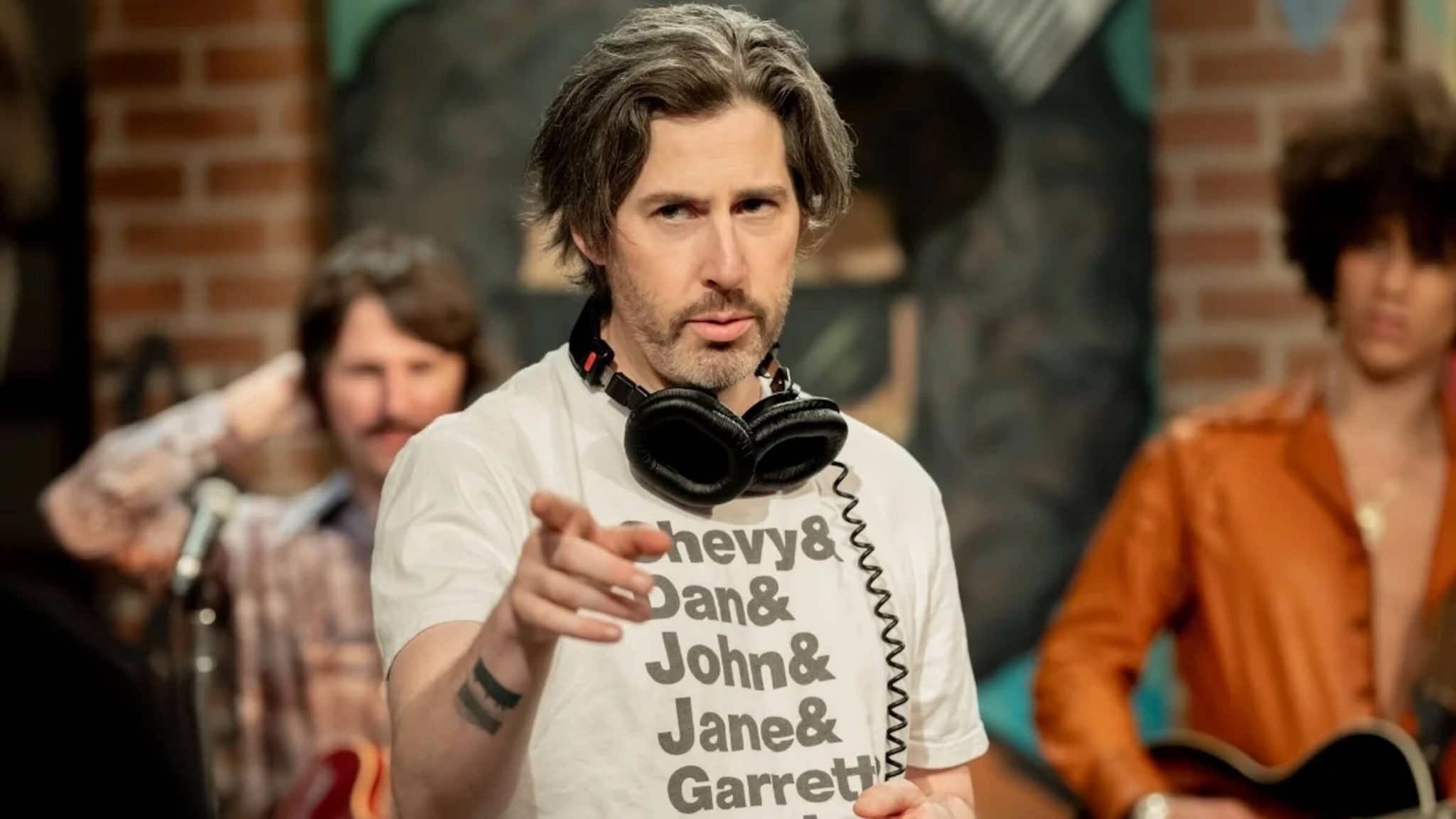
Writer's block is a hot topic for writers of all types. The greatest writers of our time have suffered from it. Others have denied its existence. Regardless, it's a topic that all novice writers need to approach head on.
We've collected fifteen quotes from iconic writers in the literary and film/television mediums — and offered our own elaboration — as they share their words about writer's block and how to overcome it.
After these quotes, be sure to watch the amazing video Writer's Bock: A Supercut at the end of this post, which showcases fifty-three examples of on-screen writer's block that all writers can likely identify with.
1. "I’ve stopped unraveling every time I’m unable to write. I wait. The drawer opens. Waiting is part of writing." — Anthony Minghella
Many writers believe that writer's block does not exist, rather, it's just the creative mind figuring out the next step in the story that you want to tell. Instead of panicking and letting writer's anxiety take hold, understand that it's part of the process. The inspiration will come.
2. "The best way is always to stop when you are going good and when you know what will happen next. If you do that every day … you will never be stuck. Always stop while you are going good and don’t think about it or worry about it until you start to write the next day. That way your subconscious will work on it all the time. But if you think about it consciously or worry about it you will kill it and your brain will be tired before you start." — Ernest Hemingway
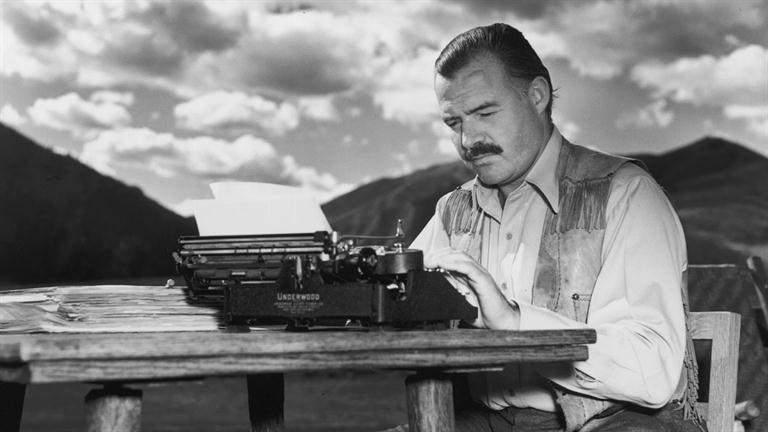
One of the great pieces of advice for writers can be found in this quote. If you can quit while you're ahead with each writing session, the next one will be so much easier because the writer in you will be aching to keep that story moving. As you step away, pack up your things, and leave it behind for another day, your subconscious will be doing most of the additional work for you. Your inner drive will be pushing that story forward and when you sit down for your next writing session, the words will flow.
3. "The best way for me to start writing a story is to get two characters talking to each other. And if you got questions from one, you’re gonna have to get answers from the other, and you can start to find out who is coming out of you when you’re writing, if you know what I mean." — Paul Thomas Anderson
Sometimes you need to let your characters tell the story for you. It sounds overly new age, but your characters are living and breathing people in your creative mind, which is always writing for you and looking for a way to connect element of story and character together. So when you're stuck, consider putting two opposing characters together in a room to see what happens. The story will come from there.
4. "Put it aside for a few days, or longer, do other things, try not to think about it. Then sit down and read it (printouts are best I find, but that’s just me) as if you’ve never seen it before. Start at the beginning. Scribble on the manuscript as you go if you see anything you want to change. And often, when you get to the end you’ll be both enthusiastic about it and know what the next few words are. And you do it all one word at a time." — Neil Gaiman
Stepping away from your work is necessary. When you're surrounded by it, living and breathing it, and perhaps drowning yourself in it, it's only natural that you'll begin to resent and be tired of the process. Step away. Take a much deserved vacation from the story. Don't talk about it, think about it, or dwell upon it. When you return days later and read it from beginning to end, there are now new eyes on the content. Eyes that are not holding anxiety and frustration behind them.
5. "In the middle of writing something you go blank and your mind says: 'No, that’s it.' Ok. You’re being warned, aren’t you? Your subconscious is saying 'I don’t like you anymore. You’re writing about things I don’t give a damn for.' You’re being political, or you’re being socially aware. You’re writing things that will benefit the world. To hell with that! I don’t write things to benefit the world. If it happens that they do, swell. I didn’t set out to do that. I set out to have a hell of a lot of fun. I’ve never worked a day in my life. The joy of writing has propelled me from day to day and year to year." — Ray Bradbury
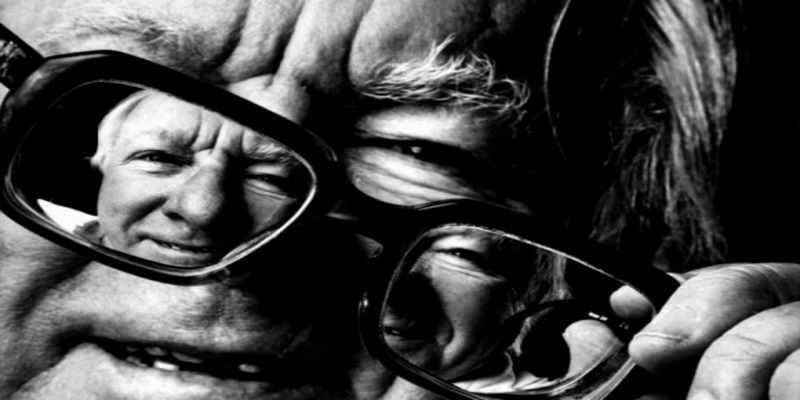
If you find yourself at a dead end and can't find a way out, maybe you've written yourself into a corner. Maybe you've made some wrong choices. Maybe you're writing for someone else's wants and needs instead of telling the story that you want to tell — and if you're writing under assignment, maybe you're not finding that necessary hybrid of writing what both you and they want.
Writing should be full of joy. You should be embracing challenges and getting a thrill out of trying to find solutions.
6. "The secret of getting ahead is getting started. The secret of getting started is breaking your complex overwhelming tasks into small manageable tasks, and then starting on the first one." — Mark Twain

Too many novice writers enter the process of writing a new project with their eyes on typing THE END. Marathons can't be won if the runner is constantly thinking about crossing the finish line. They have to break down the course and push for individual victories within the marathon. That's what writers need to do. Focus on writing that one scene or moment. Focus on writing that one action sequence. Focus on writing that dramatic reveal. Break everything up. That way, you'll not just experience once single victory after months of hard labor — you'll experience the joy of many great victories throughout the whole process.
7. "Writer’s block is my unconscious mind telling me that something I’ve just written is either unbelievable or unimportant to me, and I solve it by going back and reinventing some part of what I’ve already written so that when I write it again, it is believable and interesting to me. Then I can go on. Writer’s block is never solved by forcing oneself to “write through it,” because you haven’t solved the problem that caused your unconscious mind to rebel against the story, so it still won’t work – for you or for the reader." — Orson Scott Card
Writing through writer's block doesn't work for many. If there's a problem, your subconscious is screaming at you while shutting down the system within your creative mind to make sure that you don't make the mistake that you are so close to making. Picture your subconscious doing everything that it can to tell you to stop. Listen to it. Stop and re-evaluate what has lead up to this block. The answer is right there waiting to be discovered.
8. "Over the years, I’ve found one rule. It is the only one I give on those occasions when I talk about writing. A simple rule. If you tell yourself you are going to be at your desk tomorrow, you are by that declaration asking your unconscious to prepare the material. You are, in effect, contracting to pick up such valuables at a given time. Count on me, you are saying to a few forces below: I will be there to write." — Norman Mailer
Pick a time, a day, a week, or a month — it doesn't matter. Tell yourself that you are going to be writing at that point in time. Work around that schedule. Clear everything away from it. Your subconscious is a powerful thing. Your survival instincts will kick in through your subconscious and do so much of the work for you leading up to that point. Your mind will wander and you'll be writing in your head until that final hour, day, week, or month is finally here and you can finally just let it all out.
9. "Writer’s block is a condition that affects amateurs and people who aren’t serious about writing. So is the opposite, namely inspiration, which amateurs are also very fond of. Putting it another way: a professional writer is someone who writes just as well when they’re not inspired as when they are." — Philip Pullman

If you want to be a professional writer — if that's what you want to do — then you're going to have to suck it up and figure it out because when you're under assignment, writing for a show, or you have representation waiting for your next script or book, you have to be a professional and get it done.
Even if you're a novice writer writing your own spec projects with no one looking over your shoulder, you need to be grooming yourself for the industry that may come calling. Old habits die hard. If you're going to set yourself up to fail as a novice screenwriter, you'll be setting yourself up to fail when the real pressure comes. Consider yourself in training. Train to be the best. The best don't suffer from writer's block. They overcome it.
10. "I don't believe in writer's block or waiting for inspiration. If you're a writer, you sit down and write." — Elmore Leonard
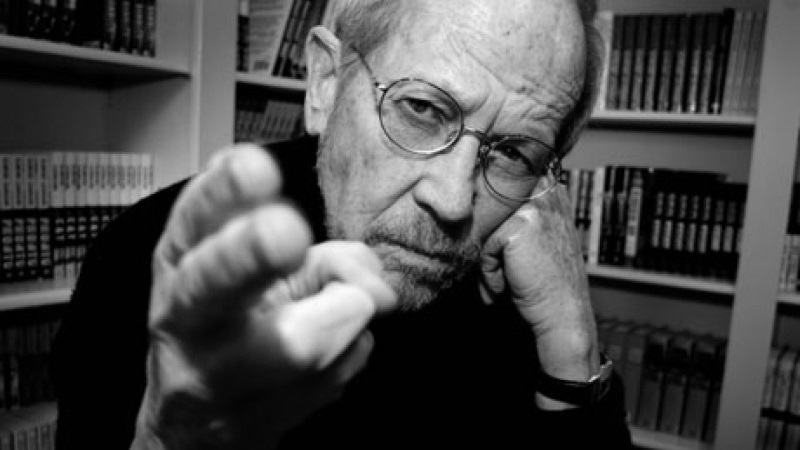
The best thing that writers can do is not give writer's block the power of even naming or defining it. Because when you name or define it, you now have something to point your finger at and blame. What's the old saying? "When you're pointing your finger at someone else, there are three other fingers pointing right back at you."
11. "One reason I don't suffer Writer's Block is that I don't wait on the muse, I summon it at need." — Piers Anthony
Writers need to find ways to summon the inspiration. It will be different for all writers, but you must find your own switch to flip. Some begin with music. Others watch movies or read books. Whatever the summoning spell may be, find it.
12. “I only write when I am inspired. Fortunately, I am inspired at 9 o’clock every morning.” — William Faulkner
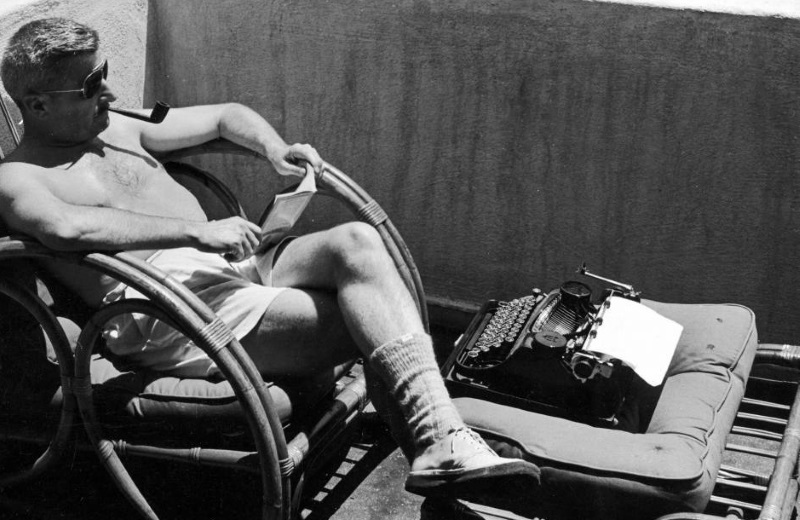
It's all about the process that you create. Some writers can do it every day at the same time, no different than punching into work. Others have to choose a specific day of the week. The point is that you just need to sit down and do it. Writing is privilege, not a curse. It's a form of expression. It's perhaps the only scenario is which a human being can play God. How is that not inspiring?
13. "I have gravity boots [to overcome writer's block]. I hang upside down everyday. I realize it sounds strange, but it's not all that strange. It oxygenates your brain. It helps you see the world in a different perspective." — Dan Brown
Think out of the box. Gravity boots may not be your thing, but maybe going on a run, taking a walk, going for a drive, playing a sport, or blowing bubbles is your thing. Get up off of your pity couch and and be proactive. Do whatever it is you do to reset your mind, and go do it.
14. "The scariest moment is always just before you start [writing]. After that, things can only get better." — Stephen King
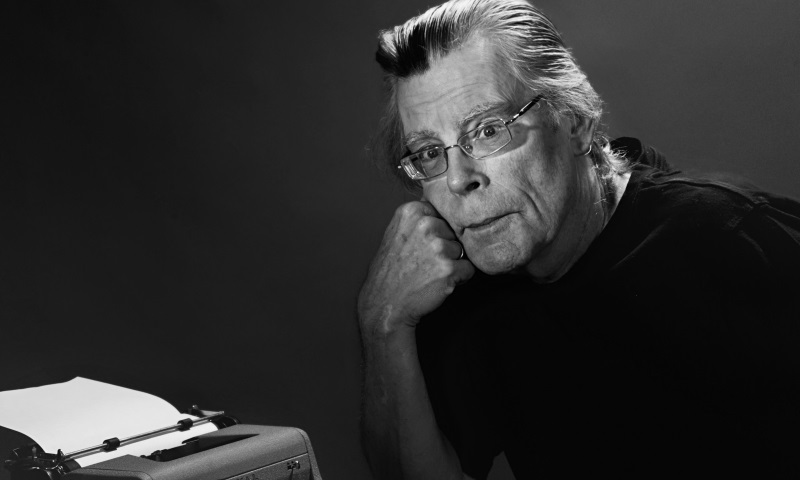
For many writers, the fear of the journey is their writing block. The fear of failure. The fear of writing something great, but then having to follow that up over and over and over. Once you let that fear go and really start writing, it's all uphill from there.
15. "[My cure for writer's block?] The necessity of earning a living." — James Ellroy
If you're writing for fun, there's no reason to stress about anything. But if you're writing with hopes of making a living doing something you love, then you have to realize that there's no paycheck coming your way unless you figure all of this out. There's no time for that which shall not be named. Just write.
Tags
Get Our Screenwriting Newsletter!
Get weekly writing inspiration delivered to your inbox - including industry news, popular articles, and more!

